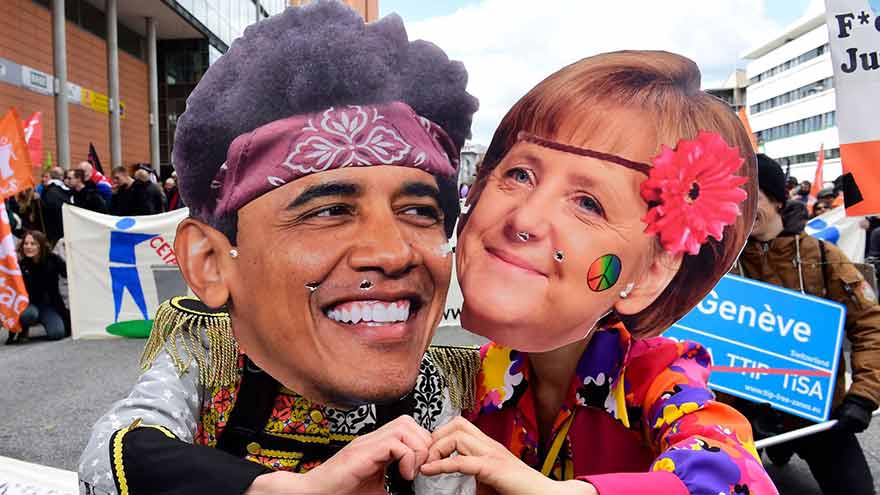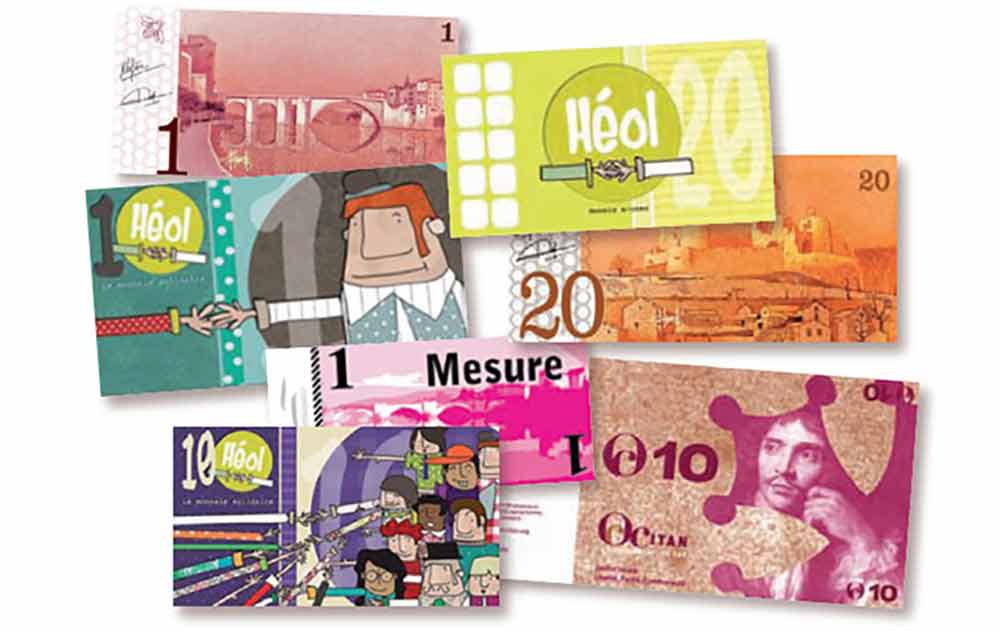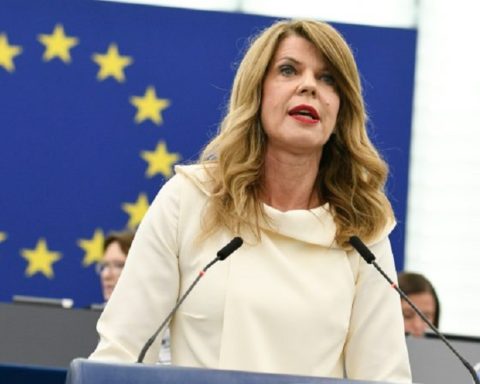Recurring criticism
READ IN UP' : TAFTA: Negotiations resume, in complete secrecy and opacity
The bronca of civil society

READ ALSO IN UP' : TAFTA: the EESC timidly draws red lines
An issue that becomes political

READ ALSO IN UP ' Clash on biotechs: Do new genetic techniques generate GMOs?













